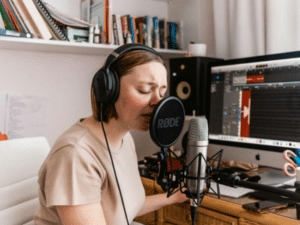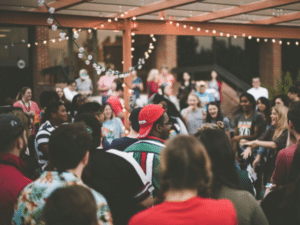8 Ways Musicians Can Protect Their Hearing
By: WhisperRoom™
June 4, 2024
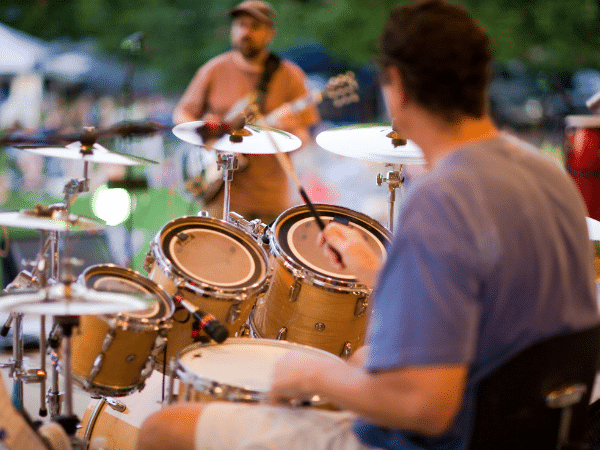

As a musician, your hearing is one of your most valuable assets. Exposure to loud music and noise can lead to permanent hearing damage, significantly impacting your ability to create and enjoy music. Here are eight ways musicians can protect their hearing and maintain their auditory health.
One of the most effective ways to protect your hearing is to limit your exposure to loud sounds. Whether you’re attending a concert, rehearsing with your band, or even listening to music through headphones, be mindful of the volume levels.
Noise-induced hearing loss (NIHL) occurs when the sensitive structures in the inner ear are damaged by loud sounds. According to the National Institute on Deafness and Other Communication Disorders (NIDCD), long or repeated exposure to sounds at or above 85 decibels can cause hearing loss.
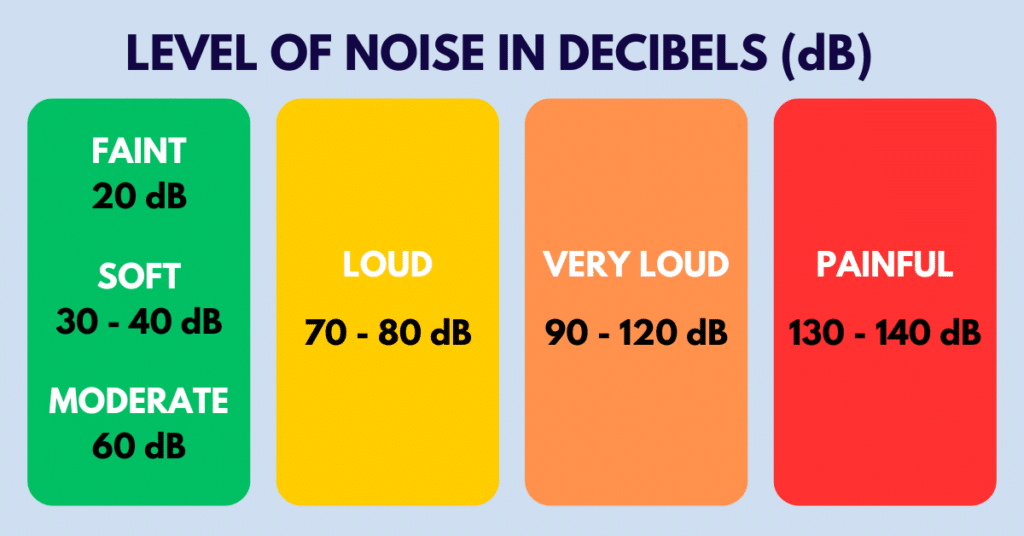
As noise levels increase by 3 decibels, the safe listening duration is halved. For instance, you can listen to sounds at 85 decibels for up to 8 hours. If the volume rises to 88 decibels, the safe listening time drops to 4 hours. At 91 decibels, the safe exposure time reduces further to just 2 hours. To prevent NIHL, take breaks and lower the volume when possible.
When you’re in loud environments, such as concerts, clubs, or even when using power tools or motorized lawn equipment, it’s essential to use ear protection. Earplugs and earmuffs can significantly reduce the volume of loud noises and protect your ears from potential damage.
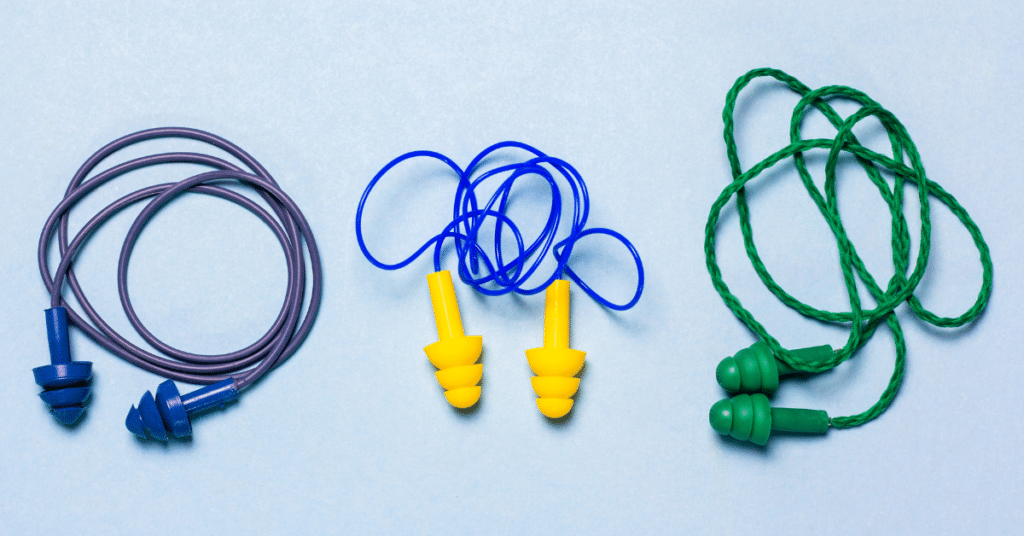
Custom-fitted earplugs are a great option for musicians as they provide a comfortable fit and effective noise reduction. According to ASHA, wearing earplugs or earmuffs can lower noise exposure levels by 15 to 40 decibels. The reduction can make a substantial difference in preventing hearing damage over time. Additionally, high-fidelity earplugs are available, which reduce noise levels evenly across frequencies, preserving the quality of music while protecting your hearing.
In-ear monitors (IEMs) are a crucial tool for musicians who perform live, offering one of the best ways musicians can protect their hearing during performances.
IEMs allow you to hear a mix of music at a lower volume than traditional stage monitors. This not only helps you perform better but also protects your ears from the high decibel levels on stage. Investing in quality IEMs can make a significant difference in preserving your hearing.
It’s not just live performances that can damage your hearing. Listening to your TV, stereo, smartphone, or other devices at high volumes can also contribute to hearing loss over time. Make a conscious effort to keep the volume at a safe level and take breaks to give your ears a rest. Do yourself a favor and turn it down.
Note: iPhones and Androids have settings to allow volume limits on headphones and connected devices. On iPhone, navigate to Settings > Sounds & Haptics > Headphone Safety. Turn on “Reduce Loud Audio” and set your maximum volume to a desired limit.
After exposure to loud music, whether it’s a concert or a rehearsal, give your ears some time to recover. Extended periods of loud noise can fatigue your ears, and taking a break can help prevent long-term damage. Aim to spend some quiet time in a peaceful environment to allow your ears to recuperate.
It may seem like a good idea to use cotton swabs to clean wax out of your ear canal, but this practice can be harmful. Cotton swabs can push the wax further into the ear, increasing the risk of damaging your eardrum or causing an infection.
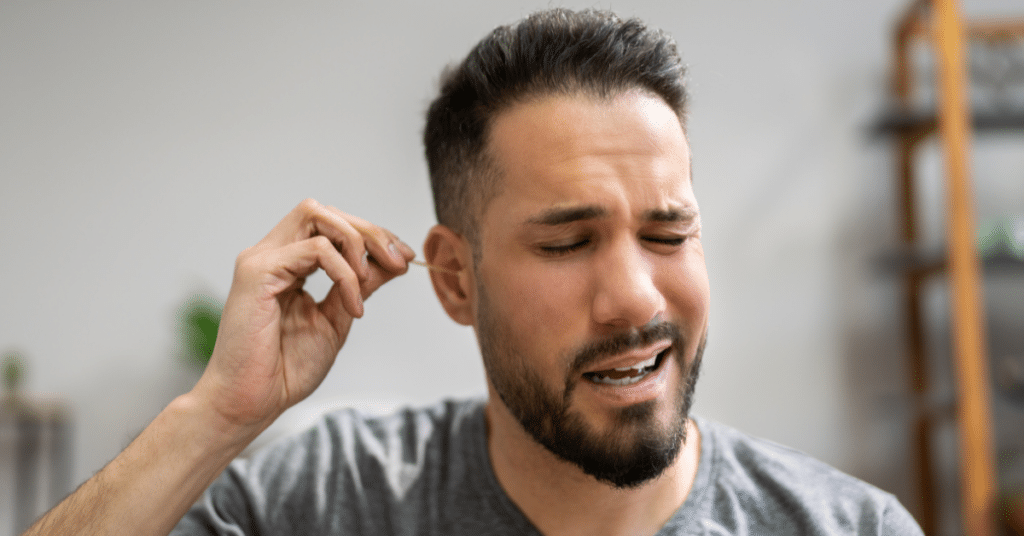
Additionally, your ears have a natural cleaning mechanism that helps move wax out of the ear canal, and interfering with this process can cause more harm than good. For safer ear cleaning, consider using ear drops designed to soften earwax or consult with a healthcare professional.
Tinnitus, a ringing or buzzing in the ears, can be exacerbated by stress. Finding ways to manage stress, such as physical exercise, meditation, or hobbies, can help alleviate the effects of tinnitus. Maintaining a healthy lifestyle can improve your overall well-being and help protect your hearing.
Periodic hearing evaluations are recommended for musicians. Early detection of hearing loss can help you take steps to prevent further damage. Schedule regular check-ups with an audiologist to monitor your hearing health and address any issues as soon as they arise.
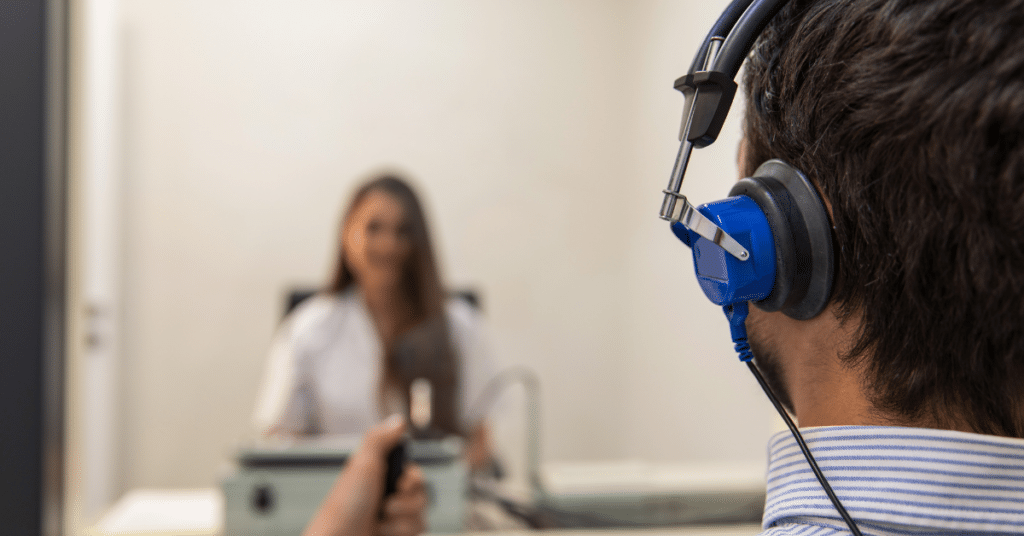
By incorporating these habits into your routine, you can protect your hearing and continue to enjoy making music without compromise. Your ears are vital to your craft, so take the necessary steps to help them stay healthy throughout the years.
Don’t forget to share this post!